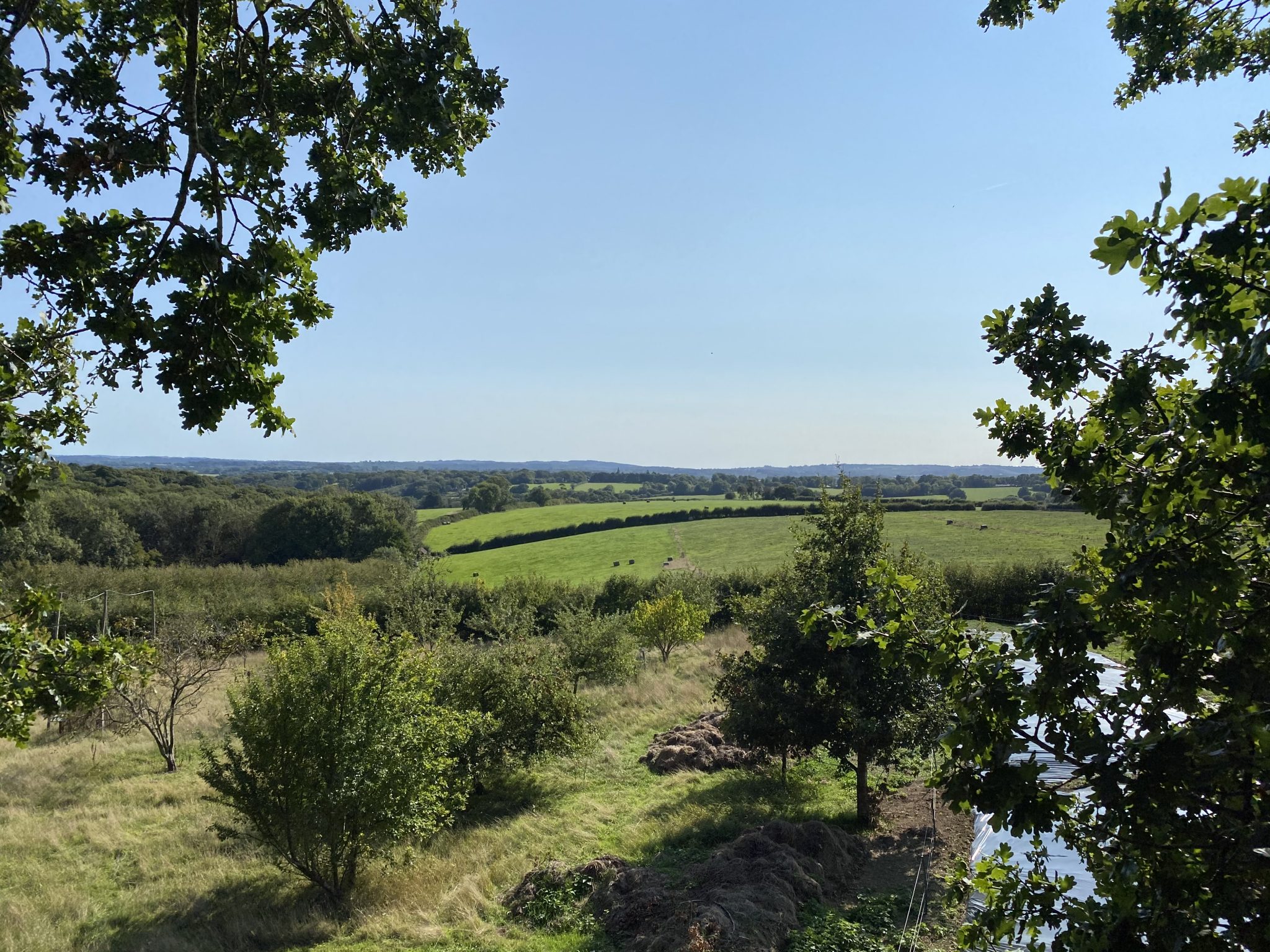Green Retail World editor, Ben Sillitoe, offers the first of his regular updates on the top green retail initiatives he’s experienced during trips to stores, when online shopping, and through his work as a retail journalist and writer.
Welcome to Green Retail World. Thank you for visiting our website.
Climate change or the climate crisis is potentially the greatest challenge the world has faced, and we’re all part of the problem. We are all part of the solution, too.
In its own little way, Green Retail World aims to help.
We’re not going to preach, but this new online magazine and community exists to help retailers understand some of the ways they can move to greener operations. We aim to do this by sharing industry good practice, and picking up on some of the greener retailing technologies, tactics and techniques, and documenting them on these pages.
In short, we’ll be tracking the latest developments in ‘eco-friendly’ retailing, while bearing the bigger picture in mind, be it new legislation, regulation, or wider eco goals announced by global leaders and environmental groups.
Reality check
The truth of the matter is running a business leaves a carbon footprint, so any sustainability claims from the retail world must always be taken with a pinch of salt. And we acknowledge there are hugely negative environmental consequences related to many retailers’ practices.
As I will often reference on these pages, any sustainability claims from this huge, global supply chain-supported industry should always be taken in the context of the wider impacts consumerism has on the environment.
But that’s not to say organisations cannot be greener – and improve their environmental credentials. Indeed, every week we’re hearing of new initiatives that purport to be better for the planet, and there are some encouraging signs the industry is increasingly taking environmental issues seriously, even if there is a long way to go.
Green Retail World aims to track these developments to help drive momentum within the industry – the largest private sector employer in the UK. I’m welcoming anyone involved in the sector to join our retail community to stay in the loop.
Three of the best
This is my first blog since Green Retail World launched, and I’ll talk now about three examples I saw this year which essentially led me to launch the title and dedicate myself to this subject.

In the future, this particular blog page will look back at the three best examples I’ve seen during the previous month in the hope we can compile a rolling ticker of good practice that others might want to follow.
First up, a special shout out goes to women’s activewear retailer, Sweaty Betty, for its in-store leggings recycling scheme. I spotted this when out birthday gift shopping, and it is essentially a textiles recycling ‘bin’ at the point of sale.
Sweaty Betty has teamed up with global textile recycler, Soex, which collects the leggings from the retailer’s UK stores and either rehomes them or recycles them. Once it reaches the Soex factory, the clothing is sorted into a “rewear”, “reuse” or “recycle” category, and either finds its way to the second-hand market or its raw materials are used by the automotive, building or textile industries.
Any customer donating leggings receives a voucher for £10 off their next £50 spend at Sweaty Betty – and the donated clothing can be from any manufacturer.

Another neat example of greener retailing is Morrisons managing to ensure 100,000 bags of unsold food didn’t go to waste since partnering with the Too Good to Go app, which enables its customers to buy £10 worth of food for a much cheaper price. The majority of Morrisons stores nationwide offer this “Magic Bag” service.
Meanwhile, direct-to-consumer online brand, Pura, a baby wipes subscription service, launched in the spring selling products made without plastic (aside from the packaging, of course) – and the company also offers a flushable range. Founder, Guy Fennell, is working with the Department for Environment, Food, & Rural Affairs and several UK local councils to try and create structured nappy recycling facilities in the UK to cut down on the landfill waste from this particular item.
Over the coming weeks and months, Green Retail World hopes to be talking about many more initiatives likes those from Sweaty Betty, Morrisons, and Pura. Be it via these pages, or at future events we run online and in real life (when we’re allowed to do so again), we’re keen to keep the conversation top of mind.
Ben Sillitoe @bsillitoe
[Image credit: Green Retail World; and Pura]






